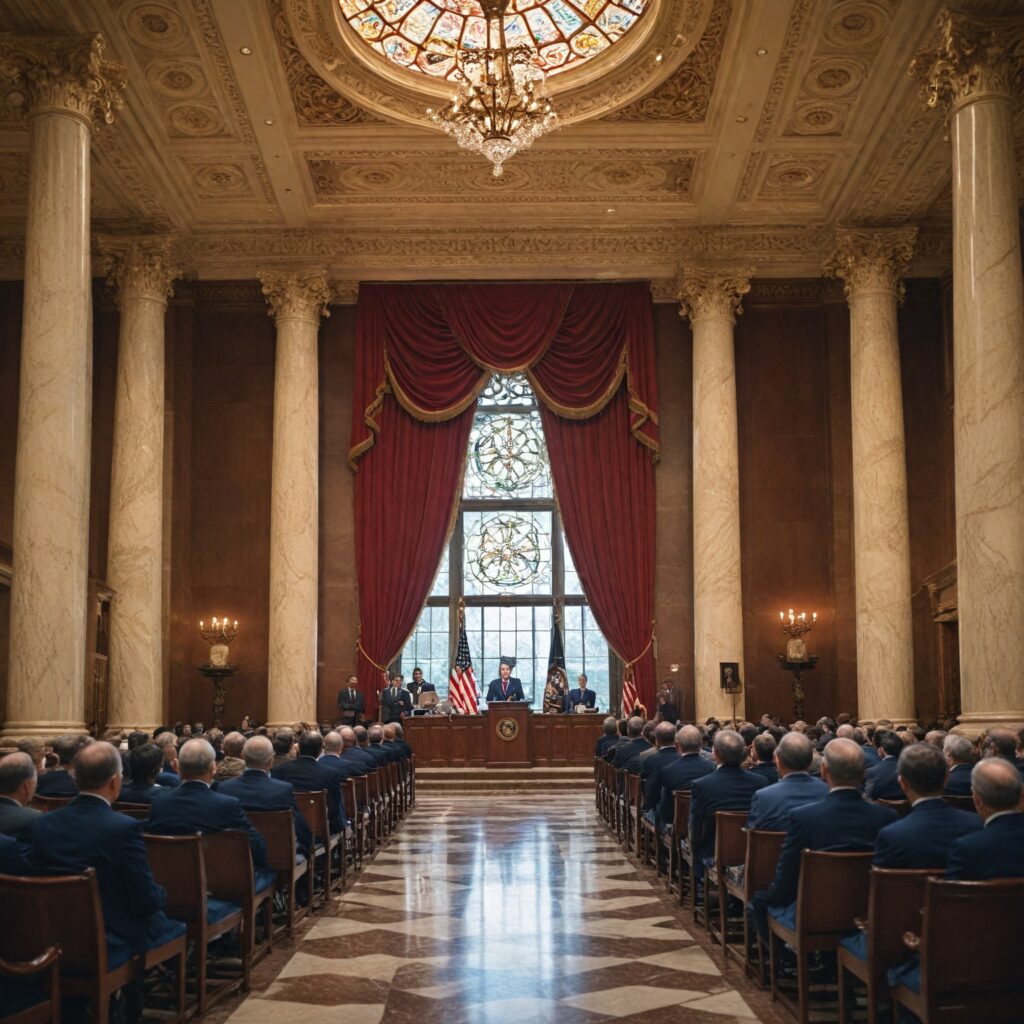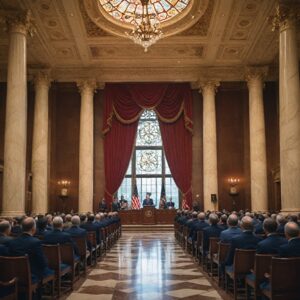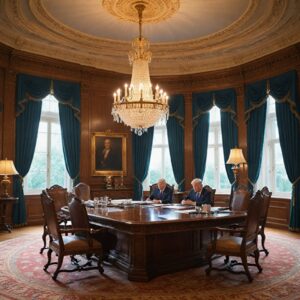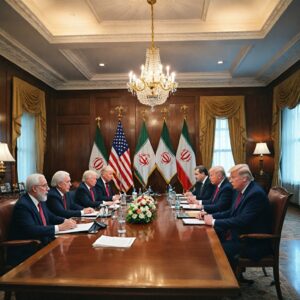
Highlights:
– Treasury Secretary calls for a comprehensive review of the Federal Reserve’s performance.
– Tensions escalate between the White House and the central bank.
– President Trump’s demand for lower interest rates amidst criticism over Fed building renovations.
Significance of a Federal Reserve Review
Treasury Secretary Scott Bessent has proposed a thorough evaluation of the Federal Reserve, surpassing the ongoing controversies regarding building renovations. He emphasized the necessity of scrutinizing the institution’s overall effectiveness. The call for this review hints at a broader concern about the Fed’s accomplishments and aligns with growing tensions between the White House and the central bank.
Amid conflicting reports about President Trump’s alleged intention to dismiss Fed Chair Jerome Powell, discussions around the Fed’s operations have intensified. Bessent’s suggestion underscores the importance of assessing whether the Federal Reserve has fulfilled its mission effectively, drawing parallels to potential actions in other regulatory bodies like the Federal Aviation Administration if faced with similar challenges.
Exploring the Fed’s Performance and Current Criticisms
The discord between the White House and the Federal Reserve has led to a contentious debate over interest rates, with President Trump urging a significant reduction in the benchmark borrowing rate. This demand has heightened as the administration raised concerns over the Fed’s renovation costs, which have ballooned to $2.5 billion. Despite the push for lower rates and criticism of the Fed’s spending, the path forward remains uncertain.
Bessent’s remarks on potential rate cuts highlight the differing perspectives on monetary policy within the administration and the central bank. The divergence in opinions on inflation, financial policies, and the Fed’s decision-making process adds complexity to the ongoing discussions surrounding the institution’s role in shaping the economy.
Implications and Future Possibilities
The escalating tensions between the White House and the Federal Reserve underpin the significance of conducting a comprehensive review of the central bank’s operations. Whether such an investigation will materialize and its potential outcomes remain speculative. The uncertainties surrounding the Fed’s direction, coupled with political pressures, pose challenges for maintaining economic stability and confidence in the financial markets.
As the calls for a Fed review persist, the implications of political interference in monetary policy decisions could have far-reaching consequences. Finding a balance between government oversight and the independence of the Federal Reserve is crucial for ensuring effective economic governance and regulatory stability. The upcoming months may offer clarity on the future dynamics between the administration and the central bank.
In conclusion, the ongoing debates surrounding the Federal Reserve underscore the intricate relationship between monetary policy, government intervention, and economic stability. The calls for a comprehensive review signal broader concerns about the central bank’s performance and its alignment with national economic goals. How can the Federal Reserve navigate political pressures while maintaining its independence and mandate? What impact could a review have on financial markets and investor confidence? How might the outcomes of this dispute influence future monetary policy decisions?
Editorial content by Jordan Fields
















